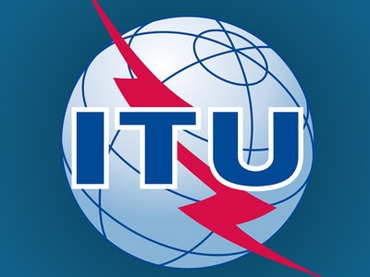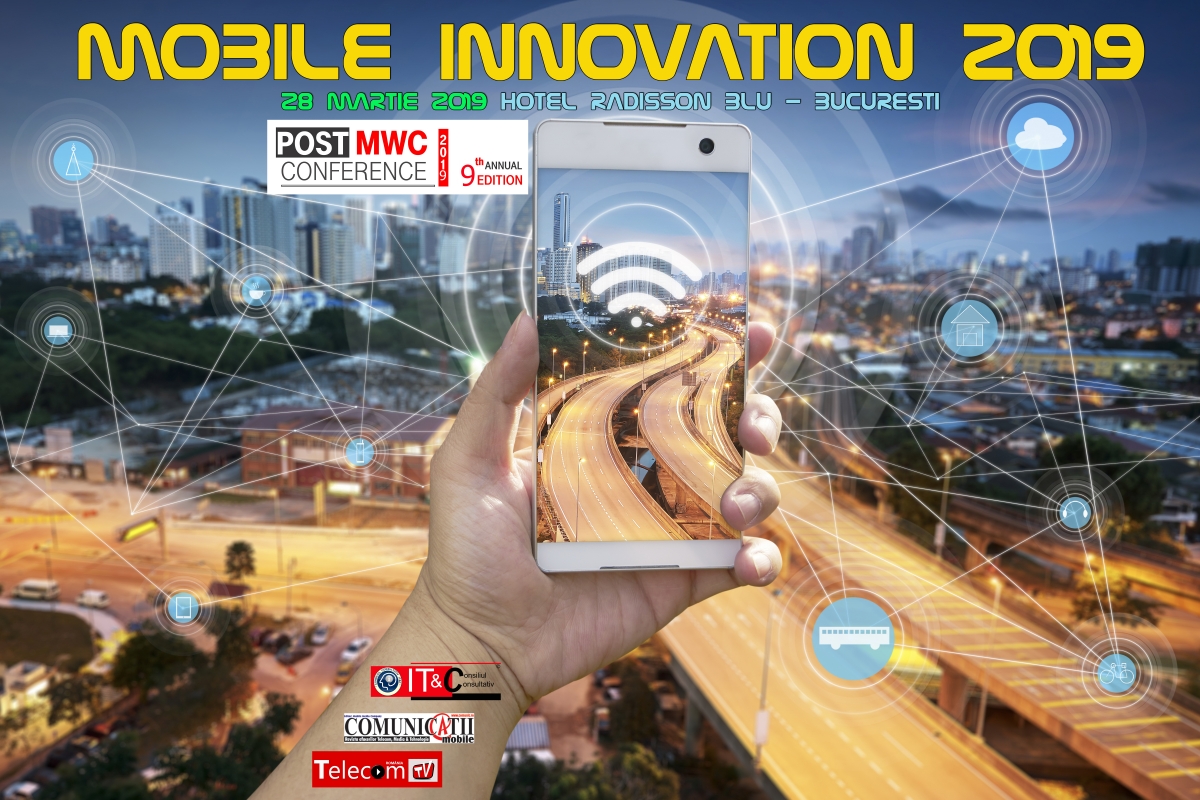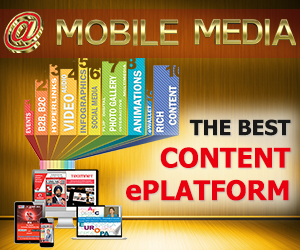
Policymakers pledged today to take the key actions needed to achieve a successful transition to Smart Sustainable Cities in the "Montevideo Declaration", which was adopted by ministers, city mayors, businesses and academics meeting at the 6th annual ITU Green Standards Week in Uruguay's capital. The declaration promotes the use of the internationally agreed Key Performance Indicators (KPIs) currently being applied by several major cities around the world, along with international technical standards, to achieve sustainable development in urban areas, according ITU. It aims to unlock the potential of ICTs for sustainable urbanization, create a critical knowledge base, encourage the use of open data platforms, develop solutions for e-waste management and finally make ICT accessibility a reality.
Over 650 participants, many from Latin America but also North America, Europe, Africa and Asia Pacific, attended the meeting, which was hosted by the Municipality of Montevideo with the support of the Inter-American Association of Telecommunication Enterprises (ASIET), the Economic Commission for Latin America and the Caribbean (ECLAC), the Basel Convention Regional Centre for the South American Region (CRBAS) and the Development Bank of Latin America (CAF).
Green Standards Week acts as a global platform to raise awareness of the importance and opportunities of using information and communication technologies (ICTs) to protect the environment and expedite the transition to Smart Sustainable Cities. This year's theme focused on the forthcoming UN conference Habitat III - a major global summit, formally known as the United Nations Conference on Housing and Sustainable Urban Development, to be held in Quito, Ecuador, on 17-20 October 2016.
The landmark Montevideo Declaration promotes Smart Sustainable Cities and ICTs as key elements of the New Urban Agenda to be adopted at Habitat III.
"ICTs, smart cities and collaboration with all key stakeholders including citizens will be key to the achievement of all the United Nations' Sustainable Development Goals, but especially SDG 11 on sustainable cities and communities," said ITU Secretary-General Houlin Zhao.
A smart sustainable city is an innovative city that uses ICTs and other means to improve quality of life, efficiency of urban operation and services, and competitiveness, while ensuring that it meets the needs of present and future generations with respect to economic, social, environmental and cultural aspects.
In opening Green Standards Week, ITU Deputy Secretary-General Malcolm Johnson emphasised this point. "A crucial issue in the development of Smart Sustainable Cities will be international standards: to ensure interoperability - so that equipment and systems produced by different vendors work together seamlessly - and to reduce costs through economies of scale."
With an estimated 70% of the world population living in cities by 2050 it will be a major challenge to supply the basic requirements including food, water and efficient energy, while also ensuring economic, social and environmental sustainability. Smart and sustainable cities with their ubiquitous communication networks, wireless sensor technology, and intelligent management systems are capable of effectively addressing these challenges, while creating new and exciting means of living, doing business and sharing knowledge.
To support the on-going research on Smart Sustainable Cities, ITU and the United Nations Economic Commission for Europe, along with other United Nations agencies, have created the United for Smart Sustainable Cities (U4SSC) Initiative to advocate for public policies that can facilitate the integration of ICTs for Smart Sustainable City transitions. U4SSC member agencies will be supporting the Habitat III conference and the development of the New Urban Agenda.
"Cities develop and mature in a diverse range of ways, reflecting differences in history, culture, geographic and economic environments," said Daniel Martinez, Mayor of Montevideo. "However, it is clear that essential elements of a city's sustainability will depend on ICTs. The KPIs developed by ITU for Smart Sustainable Cities and ITU's standards will help us make Montevideo a smart sustainable city."





